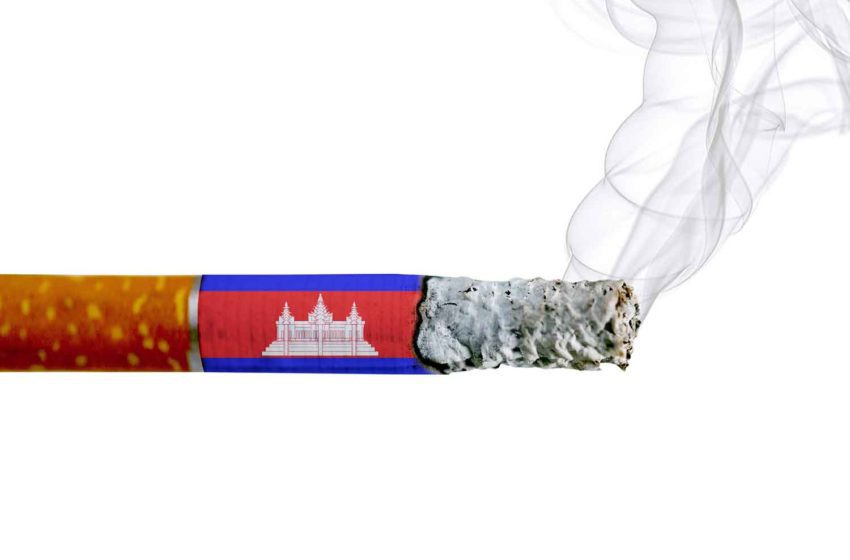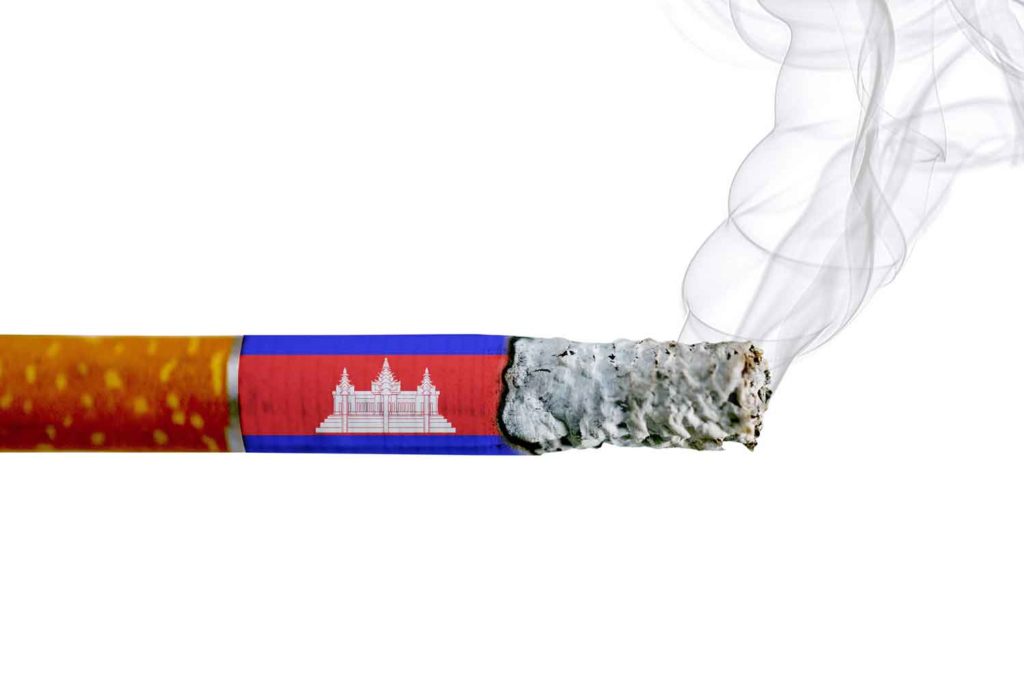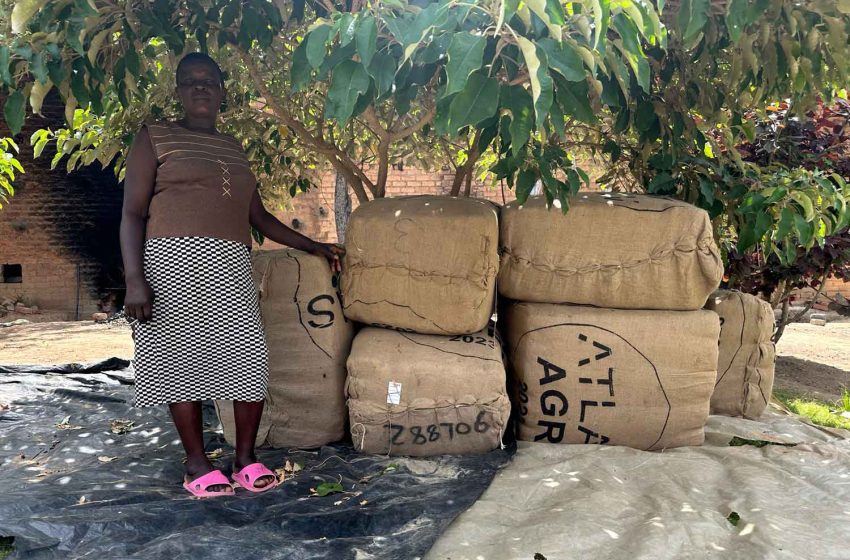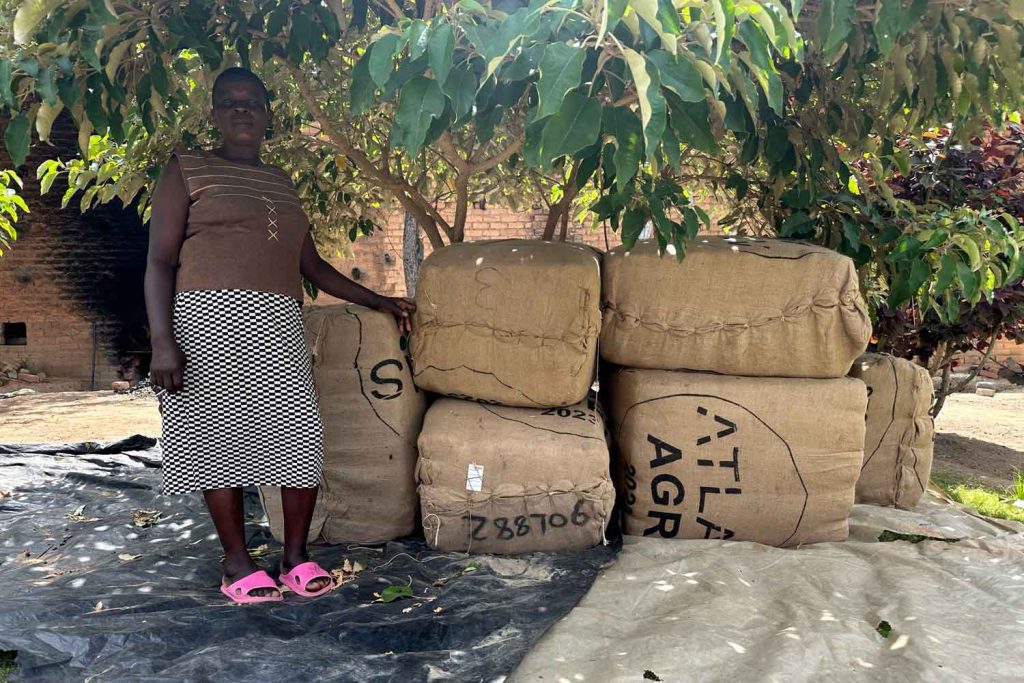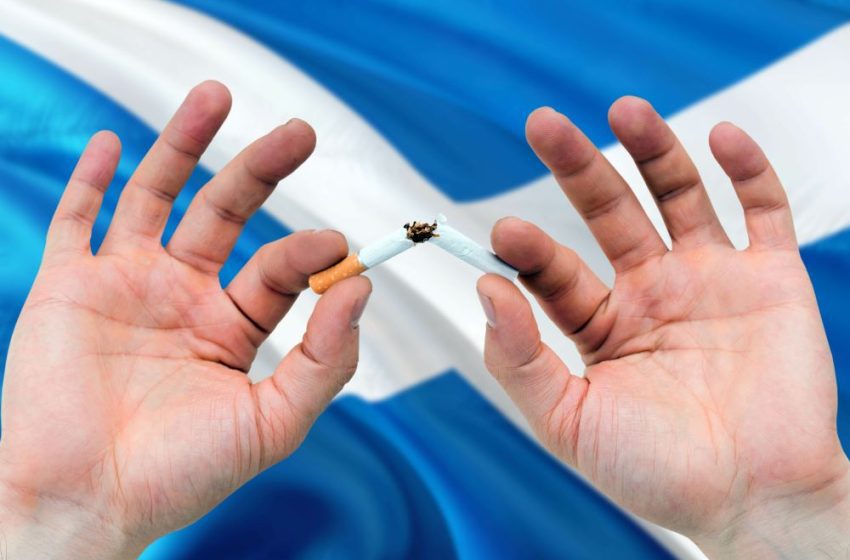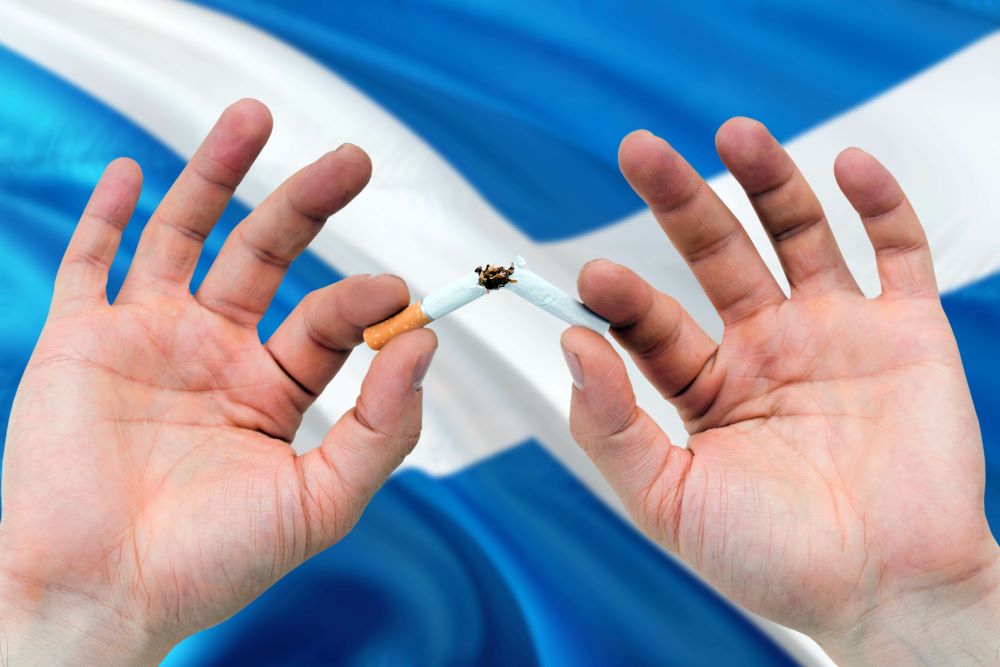Ministers in Scotland are being urged to add health warnings to individual cigarettes, reports Metro.
Action on Smoking and Health (ASH) is pushing for the government to follow countries like Canada, Australia and New Zealand in reforming the country’s anti-smoking plans. Scotland aims to create a “tobacco-free” generation by 2034.
ASH is also recommending limiting visibility of tobacco products in retail spaces and giving accessible support to people with high tobacco usage.
“With the Scottish government refreshing its tobacco action plan later this year, it is vital that Scotland matches the level of bold and ambitious measures set by New Zealand, Australia and Canada in recent months if we are to achieve the goal of a tobacco-free generation by 2034,” said Sheila Duffy, chief executive of ASH Scotland. “We need measures to be introduced that will save lives and address the substantial inequalities in our communities facing the greatest challenges during the cost-of-living crisis.”
“Removing addictive nicotine from cigarettes, adding health warnings to cigarettes, reducing the visibility and availability of tobacco and related products, implementing evidence-based public health campaigns to motivate people who use tobacco to quit smoking, and providing increased easily accessible person-centered support to those in communities with a high prevalence of tobacco use are just some of the measures that merit strong consideration,” said Duffy.
A Scottish government spokesperson said, “A range of world-leading tobacco control measures have already been introduced in Scotland, which are steadily reducing the proportion of people smoking.
“We remain committed to a tobacco-free Scotland by lowering smoking rates in our communities to 5 percent or less by 2034. Achieving this ambitious target will allow us to protect children born since 2013 so that when they turn 21, they will be tobacco-free and will come of age in a Scotland that will remain tobacco-free for generations to come.
“We are considering a range of next steps to reach this target, which will be published as part of our refreshed tobacco action plan in the autumn.”





